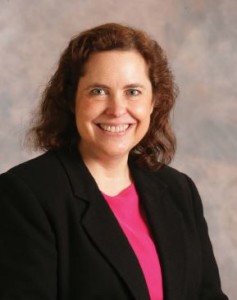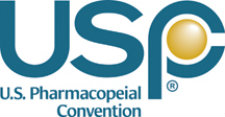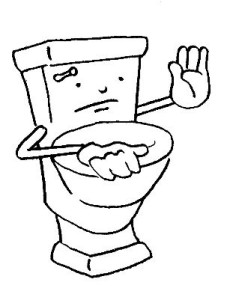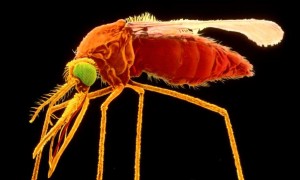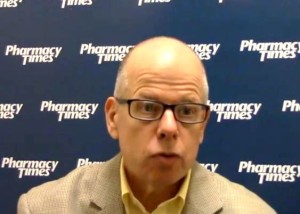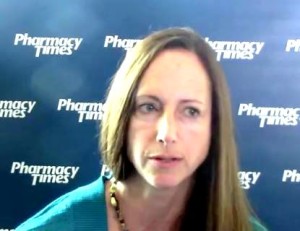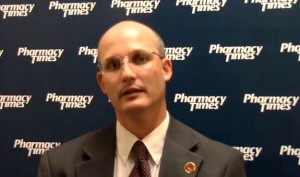- 3 Exotic Diseases Pharmacists Should Know (pharmacytimes.com)
Pharmacists should learn how to properly diagnose foreign-acquired diseases in order to optimize outcomes for infected patients...these diseases are rarely seen in US emergency departments, health-system pharmacists might nevertheless encounter them during their careers...It’s important to recognize these diseases and know what you need to help them, [but] you don’t need to be an expert...Pharmacists can also play a role in preventing these diseases by reminding patients that they must follow their entire prescribed regimen when taking drugs prior to travel...The following are some exotic diseases primarily coming from Southeast Asia that pharmacists should know:
- Malaria
- Dengue Fever
- Typhoid Fever
- Strength in Numbers Cardiologists recognize the value of pharmacists on the healthcare team as they push for provider status. (aacp.org)The Role of the Clinical Pharmacist in the Care of Patients With Cardiovascular Disease Abstract (sub req) (sciencedirect.com)
The American College of Cardiology has recognized pharmacists as advanced practice providers, valuable to cardiovascular team-based care…sees this as an inspiring time, encouraging other historically physician-driven, non-pharmacist organizations to support pharmacists, as they push for healthcare provider status…“ACC recognizes that there’s a shortage of cardiologists,”…The ACC recognizes that there’s a lot of work to go around but not enough cardiologists to do it. They see the benefit of advanced practice providers, which includes pharmacists, nurse practitioners and physician assistants, and they believe that’s the way to make it happen…to offer care where care isn’t being given.”… With the ACC’s backing, there’s hope that other non-pharmacist organizations will support pharmacists...
- General Chapter <800> Hazardous Drugs—Handling in Healthcare Settings to be Published in USP 39–NF 34, First Supplement (usp.org)Draft <800> Hazardous Drugs—Handling in Healthcare Settings (usp.org)
The Compounding Expert Committee approved a new General Chapter, <800> Hazardous Drugs—Handling in Healthcare Settings. The purpose of this General Chapter is to provide standards to protect personnel, patients and the environment when handling hazardous drugs (HDs). The chapter applies to all healthcare personnel and all entities which handle HDs. Building on existing standards and guidelines, General Chapter <800> provides a comprehensive approach for handling HDs in healthcare settings with the ultimate goal of preventing and/or limiting potential exposures to HDs...The revised General Chapter <800> will be published on February 1, 2016 in the First Supplement to USP 39–NF 34. Additionally, the Expert Committee approved a delayed official implementation date of July 1, 2018 to allow entities more than two years to implement the chapter.
- EPA Seeks Input on Drug Flushing Ban (hhnmag.com)
All health care facilities would be banned from flushing drugs among other changes in a proposed rule…Stop flushing pills down the toilet…That’s the message behind a proposed rule from the Environmental Protection Agency that would ban health care facilities from disposing of hazardous pharmaceuticals by flushing them…significant changes may be required if the rule is enacted…The EPA estimates that the proposal is projected to prevent the flushing of more than 6,400 tons of hazardous waste pharmaceuticals annually…The rule would fall under the Resource Conservation and Recovery Act, and is open for comment from the public until Dec. 24.
- 5 Must-Know Facts About Chikungunya (pharmacytimes.com)
Chikungunya (chik-ən-ˈgu̇n-yə) was rarely seen in US travelers before 2006, but the virus has grown more prevalent. Now, almost all states have seen at least one case of the disease in US travelers this year...Chikungunya virus is transmitted primarily through mosquito bites...Reports of infection tend to come from US travelers who visited Puerto Rico, American Samoa, and the US Virgin Islands...Since there is no antiviral therapy specifically for chikungunya viral disease, patients diagnosed with it may be treated with corticosteroids or physiotherapy for joint pain. They may take nonsteroidal anti-inflammatory drugs for pain and fever...Health care professionals should stress plenty of fluids and rest for infected patients...Here are 5 must-know facts pharmacists should know about chikungunya:
- Look out for symptoms such as fever and polyarthralgia among travelers.
- Chikungunya may cause central nervous system disease such as encephalitis.
- More than 2811 chikungunya cases were reported among US citizens in 2014.
- So far, 623 cases of chikungunya have been reported among Americans in 2015.
- Researchers have made strides in developing a chikungunya vaccine.
- ASHP to Launch Comprehensive Digital Drug Information Resource (ashp.org)
ASHP today announced that it will release a comprehensive suite of its…drug information databases, including AHFS Drug Information®, in early 2016. Recruitment for beta testers will begin during ASHP’s 50th Midyear Clinical Meeting this week in New Orleans…The new product, AHFS® Clinical Drug Information, will provide clinicians with easy access to detailed drug information, including real-time drug and safety updates, direct links to more than 60,000 supporting evidence sources, and in-depth coverage of off-label uses… AHFS Clinical Drug Information will be available via Web browser as well as iOS and Android apps. Individual pricing will begin at $10 per month. The user interface will also integrate into clinical workflow solutions in hospitals and ambulatory care settings.
- How Pharmacists Can Encourage Prescribers to Adopt E-Prescribing (pharmacytimes.com)Getting Started with EPCS (getepcs.com)
Ken Whittemore Jr, Surescript's senior vice president of professional and regulatory affairs, talks about some ways independent pharmacists could encourage local prescribers to adopt e-prescribing of controlled substances.
- Prevention Strategies Pharmacists Can Use to Reduce Errors (pharmacytimes.com)
Natasha Nicol, PharmD, FASHP, director of Global Patient Safety Affairs at Cardinal Health, provides prevention strategies to reduce medication errors.
- Pharmacy Students Educate Community on OTC, Natural Products (pharmacytimes.com)
Pharmacy students from the Bill Gatton College of Pharmacy at East Tennessee State University recently held a free educational presentation on OTC and natural products…covered more than 2 dozen topics and offered community members a chance to ask questions…“The main inspiration for this event is the community in which ETSU Bill Gatton College of Pharmacy is located. We are within the heart of Appalachia where there is very prominent use of alternative medicine, such as supplements, herbal products, and natural products,”…“This is heavily engrained within our culture, and the goal of this presentation is to better inform our community.”…the students’ presentation would help the community understand that there are some potential risks associated with alternative medicine…“We hope to make them more informed and more capable of using these therapies in a safe manner,”…
- Sustainable Business Models that Expand the Role of the Pharmacist (pharmacytimes.com)
Bryan Ziegler, PharmD, executive director of Kennedy Pharmacy Innovation Center, gives some examples of sustainable business models that can expand the role of the pharmacist.

